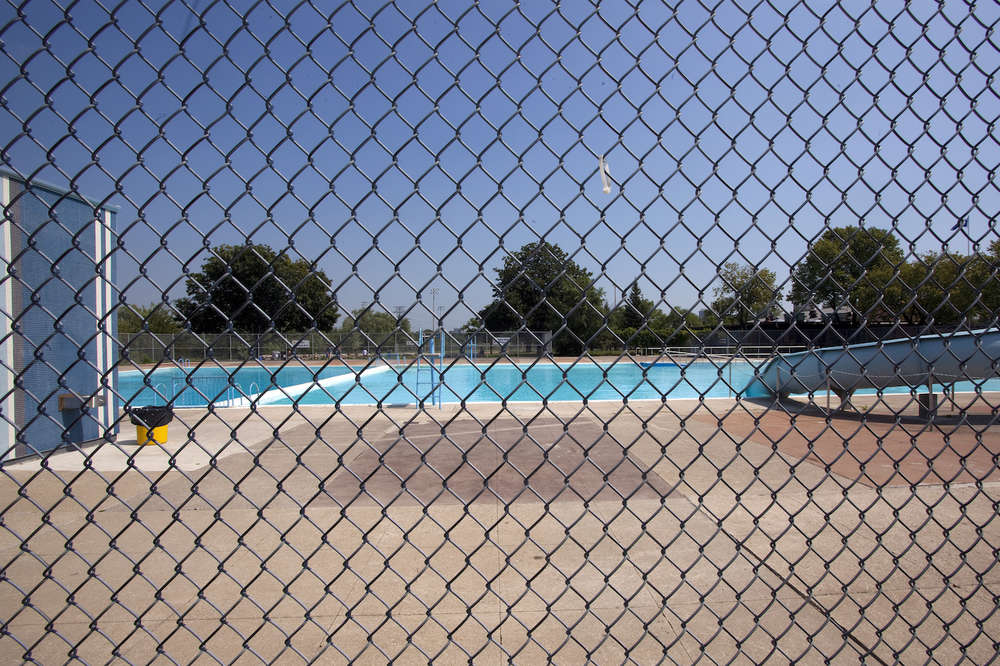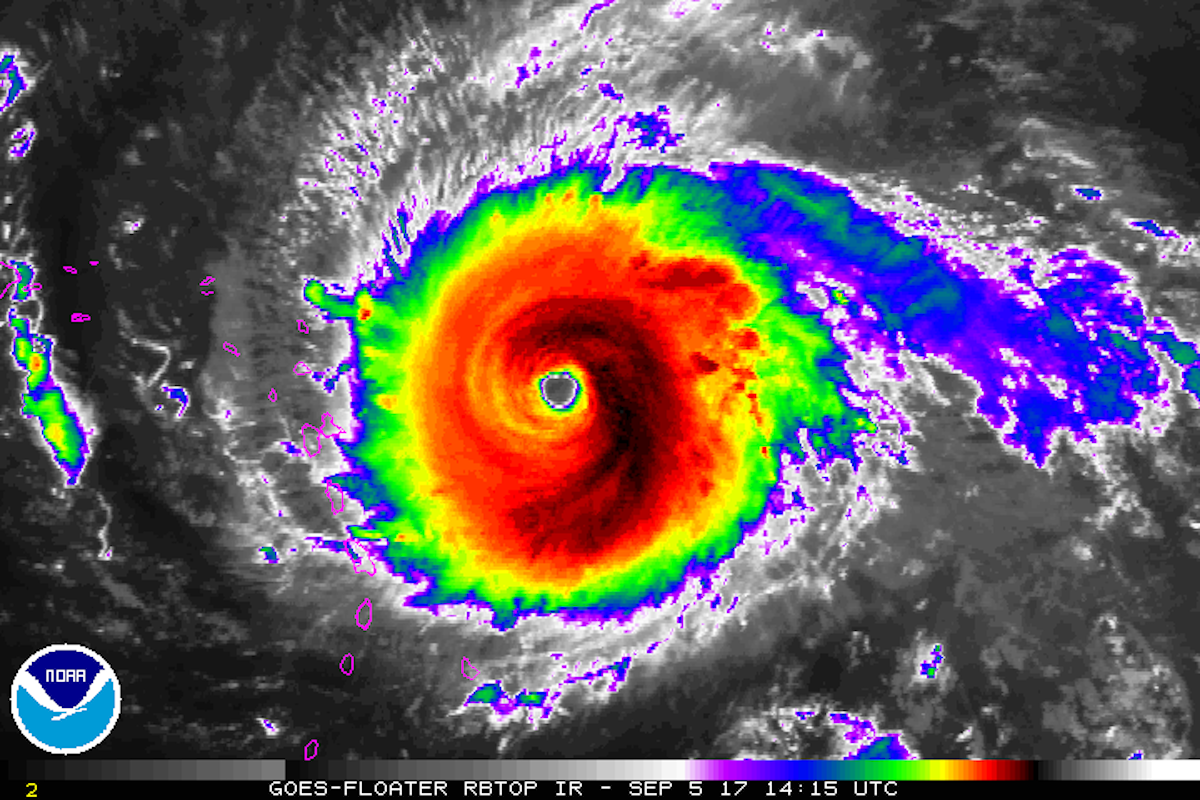
—Safely Reopening Common Areas
By: Joshua Gerstin, Esq.
Three overriding concerns should be the focus of Florida’s community associations as they face ever-increasing demands from members to reopen their common areas: 1) health, 2) safety, and 3) liability. Operating at warp speed should not be a community association’s re-opening objective. Florida’s community associations should strive for a slow but steady, staggered, and thoughtful re-opening of common areas.
Safety First.
The first step in reopening common elements is for a community association to check with their local governing authorities to determine whether there are any restrictions on opening common areas in their city or county. Although Governor DeSantis entered Florida into Phase 3 of the pandemic, the Governor’s most recent order primarily applies only to businesses. The Governor’s Phase 3 order did not overrule the authority of a county or city from imposing or maintaining its pandemic ordinances pertaining to community associations. If a community association is planning to reopen a common area, it should pass a board resolution and/or emergency rules with procedures mimicking the requirements of Governor DeSantis’s Executive Orders, local orders in your jurisdiction, and health guidelines from the Center for Disease Control (“CDC”).
Mitigating Liability, Second.
The pandemic is endemic and most community association insurance policies do not cover COVID-19/infectious disease transmission. Community associations must strike a balance between reopening common areas and mitigating the liability risk. As part of a community association’s emergency rules authority, requiring members and guests to sign an attorney-drafted release and hold harmless agreement as a pre-condition for using the common areas is a good idea. However, releases and hold harmless agreements will not entirely insulate community associations from being sued and/or exposed to liability. The best way to avoid liability is to not maintain conditions at your community association that contribute to spreading the virus. Therefore, regardless of requiring releases and hold harmless agreements, community associations must strictly adhere to state and local ordinances, as well CDC guidelines.
Sources of Information.
Most community associations will find the following resources helpful as they reopen their community association’s common areas Although the information provided is valuable, please check with your association’s attorney before taking any action.
Community Association’s Institute “guidelines for reopening common areas, amenities, and operations. Modify and adapt a letter, sign, and operational advice to your community” is available at: https://www.caionline.org/pages/coronavirus.aspx
Community Association’s Institute “Healthy Communities guide, a summary of practical advice and best practices from the Centers for Disease Control and Prevention (CDC) relevant to COVID-19 and community associations.” is available at: https://www.caionline.org/pages/coronavirus.aspx
All state and county emergency and executive orders can be found at: https://covid19.lobbytools.com/regions
Center for Disease Control COVID-19 can be found at: https://www.cdc.gov/coronavirus/2019-ncov/index.html


